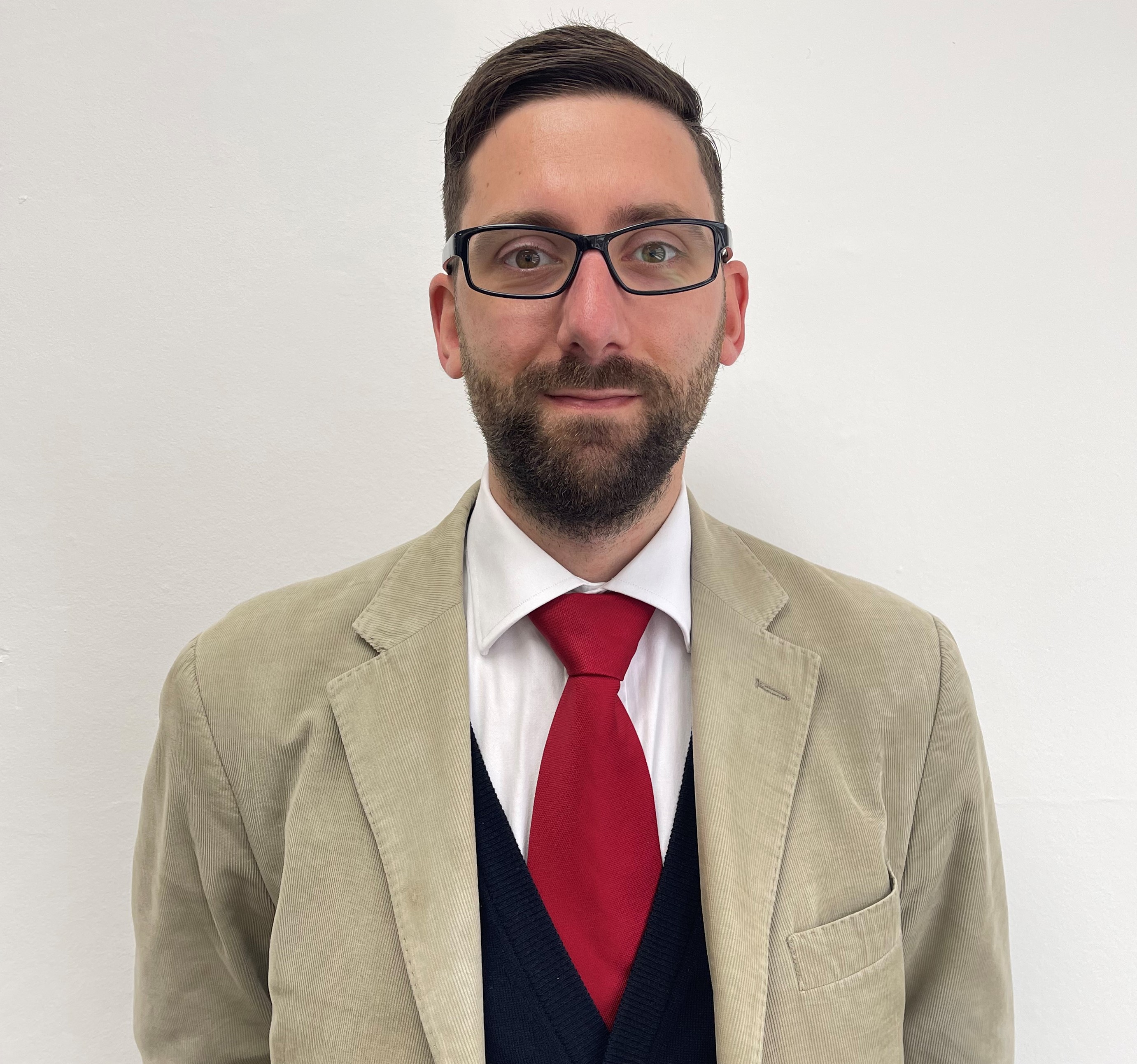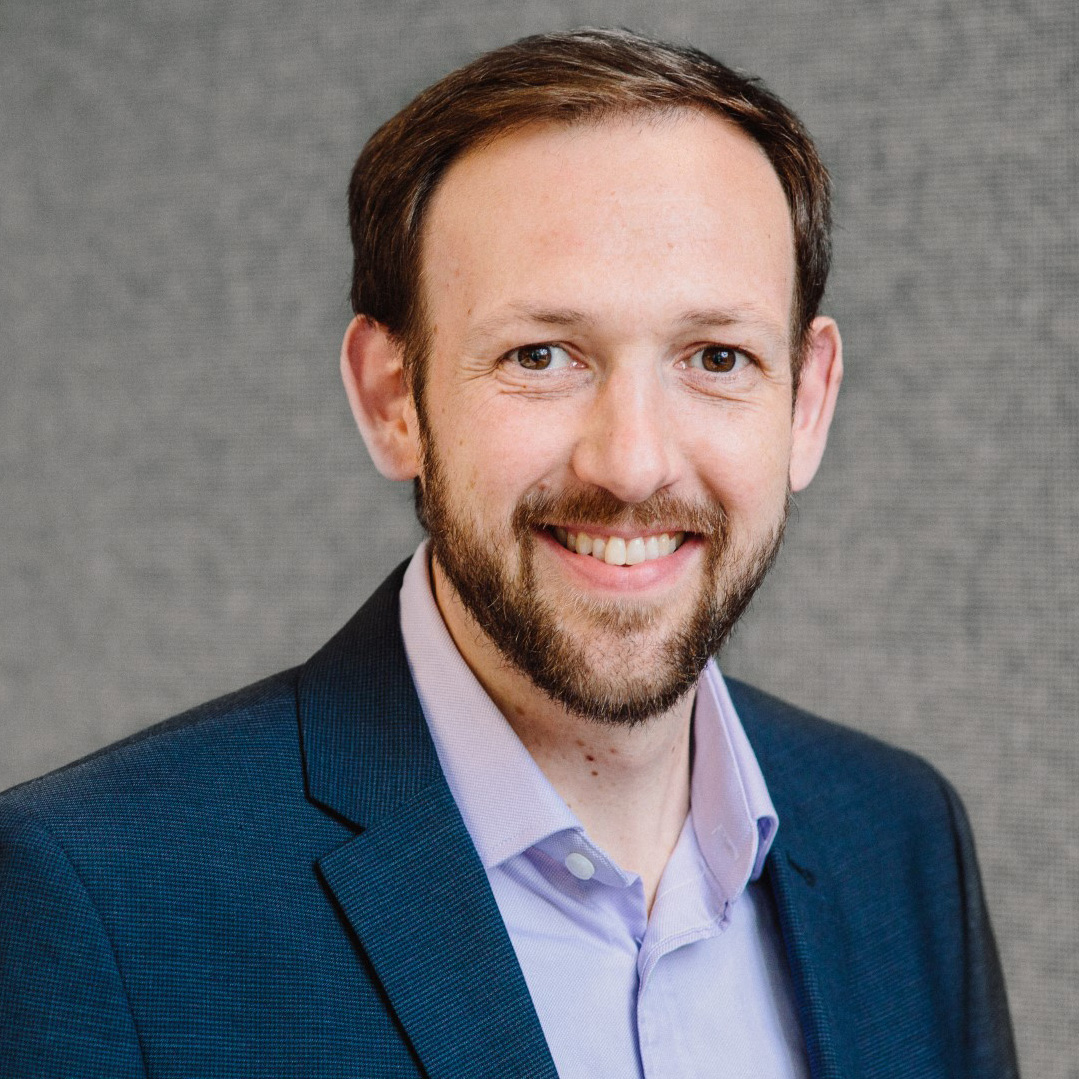
R3’s first-ever joint Fraud Conference
12 February 2021
We were proud to host the inaugural Fraud Conference on 2-3 February, in partnership with the Fraud Advisory Panel and INSOL Europe. The online event saw over 130 delegates tuning in to hear from over 45 world-class speakers, including policy makers, insolvency experts, fraud specialists, and renowned academics, who delivered unique insights into hot topics related to global financial crime, from tackling rogue companies, to cryptocurrency fraud, digital forensics, how to make fraudsters pay, and much more.
The Fraud Conference was held virtually and while there were live sessions held throughout the day where delegates were encouraged to engage and ask questions, delegates were also invited to meet and network through our Meeting Hub, view the additional 12 sessions in the On Demand Library, and visit sponsors at the Virtual Exhibition.
The topics covered by the conference could not be timelier, with patterns of fraud and cybercrime having adapted to the changes wrought by the pandemic. The insolvency and restructuring profession plays a key role in identifying and tackling fraud, and chasing the proceeds of financial crime for creditors' benefit, a role which was emphasised repeatedly over the course of the conference.
Below is a brief overview of the sessions, with some brief conclusions. Our thanks to all the deeply knowledgeable speakers, panellists, and moderators who shared their expertise with delegates.
The Changing Nature of Financial Crime in a post-COVID world
In this very informative panel, chaired by Frances Coulson of Moon Beever, Graeme Biggar CBE, Director-General of the National Economic Crime Centre, Sofia Dems of the United Nations Office on Drugs and Crime, and Professor Russell G Smith of Flinders University looked at the types of fraud that the pandemic has caused to prosper, with disruption to normal processes as more people work from home, or decrease time spent on site, leading to greater opportunities.
Fraudsters have shown they are agile and adaptable, but sadly the anti-fraud response has not always been able to keep up. The panel noted that public-private partnerships are vital in anti-fraud work, to bring different groups together, and that AI and machine learning, along with greater levels of information sharing between institutions, also offer hope of a more effective counter to fraud levels.
Deepfakes and Misinformation Unmasked
This session with Chloe Colliver of the Institute for Strategic Dialogue and Specialist Disinformation and Social Media Reporter at BBC News, Marianna Spring, chaired by Carmel King, the Co-Chair of INSOL Europe's Anti-Fraud Forum, explored the phenomenon of information disorder and use of so-called 'deepfakes' in relation to fraud, how these are related to other serious crime, and the responsibilities of social media companies and payment platforms to protect users from harm.
Making Fraudsters Pay: The Counter Fraud Practitioner's Toolkit
The panel comprised Stéphane Bonifassi, Avocat at the Barreau de Paris, Bonifassi Avocats; Gary Forbes, Assistant Director of Fraud Investigation Services, HMRC; and Kevin Hellard, Practice Leader in the Insolvency and Asset Recovery Practice at Grant Thornton, and was ably chaired by Bart Heynickx, the Co-Chair of INSOL Europe's Anti-Fraud Forum.
The panel explained how tools such as freezing orders, co-working between the public and private sectors, unexplained wealth orders, and civil recoveries under the Proceeds of Crime Act can be used to stop fraudsters getting away with the spoils of their crimes.
Tackling Rogue Companies
Frances Coulson chaired this session (with Michael Levi, Professor of Criminology, Cardiff University; George Greenwood, Data Journalist, The Times/Sunday Times; Duncan Hames, Director of Policy, Transparency International UK; and Claire Jenkins FCCA, Forensic Accountant, Companies House) to explore how corporate structures can be abused by fraudsters, and what steps are needed, especially in the UK, to tighten up company registration processes - a topic that R3 has been calling for action on for some time.
Panellists explained how some corrupt company formation agents will run money through the accounts of shell companies, granting them an ersatz trading history, to give counterparties a false sense of confidence that they are dealing with a genuine business - just one problem that urgently requires greater action to tackle.
The scale of the fraud on stimulus packages provided by governments to try and help companies through the pandemic was another key topic, and one which will be much-discussed for years to come, with billions of pounds potentially lost in the UK alone, and with the UK's relatively lax company formation regime shouldering some of the blame, by giving fraudsters room to operate.
OneCoin: The Great Crypto Heist
Journalist and author Jamie Bartlett gave the background to OneCoin story, one of the biggest crypto Ponzi schemes ever uncovered. Jen McAdam was a victim of the scheme, while Bjørn Bjercke, independent advisor, and Stacy Feuer, Assistant Director for International Consumer Protection at the US Federal Trade Commission discussed the wider implications of the case, with Carmel King as chair.
What was striking about this session - as well as amount of money involved - was the human impact. Many of those who had lost money in OneCoin had encouraged friends or family members to take part in the scheme, or had been referred to it by them, making them less willing to speak to the authorities as a result.
With cryptocurrencies becoming more mainstream again, panellists also highlighted the risk of similar schemes cropping up and the need for cross-border co-operation in cases like these, which can span a number of countries.
What the Future of Tackling Economic Crime Looks Like
Jonathan Holmes, a Forensic Partner at PwC, spoke to Baroness Williams, Minister of State at the Home Office, with responsibility for countering extremism. The Baroness set out the Government's response to economic crime, noting that its impact on victims can be devastating, and that it often has links to other crimes, including drug trafficking, modern slavery, and child sexual exploitation.
Fraud is now the largest single crime type, costing the UK at least £37 billion a year, she said - a challenge that requires collective action. The Government formulated an Economic Crime Plan, published in July 2019, setting out the actions that need to be taken to protect the UK public from fraud across the public and private sectors. As part of this, among other measures, following a successful pilot, the National Economic Crime Victim Care Unit is being rolled out across the country, to give advice and support to victims.
Secret Agents, Smart Contracts and Crypto Assets: Recovering Funds in Cryptocurrency Fraud
This interactive panel session brought together Aidan Larkin of Asset Reality, Matthew Lavy, a Barrister at 4 Pump Court, Catherine Naylor, a Partner at Gowling WLG, and Amardeep Thandi of Control Risks, with Frances Coulson as chair.
Our speakers considered the latest developments and practical implications for counter fraud and asset recovery professionals working with new and emerging technologies, including issues around anti-money laundering legislation, how to handle cases involving cryptocurrencies with untraceable private transactions, and how the increasing adoption of cryptocurrency is making its way into even everyday cases, such as deceased estates which include crypto assets.
Insolvency professionals need to get up to speed on the topic, to prepare themselves for a higher volume of cases involving cryptocurrency and smart contracts, the panel agreed.
Digital Forensics: Gathering Evidence in the Online World
The final live session of the conference saw Vijay Rathour, a Partner in the Digital Forensics Group at Grant Thornton, Matthew McGhee, a Barrister at Twenty Essex, and chair Bart Heynickx discussing how digital evidence from fraud can be obtained, and what forensic equipment is available.
Using a scarily plausible case study involving a whistleblower on a suspected bribery at the Spanish subsidiary of a UK company, the panel discussed how best to undertake a cross-border investigation, how personal devices are often used by fraudsters and the legal issues around obtaining information from them, what kind of evidence-gathering is frowned upon by the courts, and how to look into live cases without tipping off suspects.
So long as privacy rights are protected and evidence has been properly obtained, the English courts will be flexible about what is allowed to be presented in evidence, but it is now less certain than previously that the courts will always look at evidence which has been gathered via covert methods - it depends on the level of infringement of the rights of the accused versus the usefulness of the evidence. If it is more peripheral to the case, it is worth leaving in the box.
Thank you!
We would like to say a huge thanks to all delegates who attended, with special thanks to our wonderful sponsors:
- Main Sponsor: PwC
- Silver Sponsors: FRP Advisory, South Square and Moon Beever
- Bronze Sponsors: Grant Thornton and Integrated Dispute Resolution
All sessions, live and on demand, can be viewed by conference delegates until 2 April. For anyone who missed out but would like to learn more, tickets can be purchased from our website.

R3 members can provide advice on a range of business and personal finance issues. To find an R3 member who can help you, click below.

 Stuart McBride
Stuart McBride Amelia Franklin
Amelia Franklin Lyle Horne
Lyle Horne Anthony Walters
Anthony Walters
